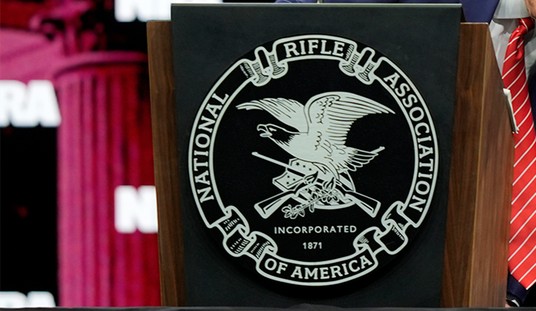This is the first article in a series recounting the birth, growth, and death of California’s gun industry.
Early morning sunlight beamed through windows partially covered by steel Venetian blinds shading the first patrons at Larry’s Coffee Shop, situated not on a typical retail thoroughfare, but among the concrete tilt-up buildings defining an industrial park. Larry, the store’s proprietor and three friends sat bantering about the issues of the day. The get together had become their daily ritual.
The men’s attire, blue collar, working class, belied a sharp intellect they each possessed. One of the group’s members, George Jennings, owned a machine shop and manufactured parts for the aerospace industry. Another owned a Pawn Shop and had recently lost the ability to sell inexpensive handguns manufactured overseas because of recent legislation—The Gun Control Act of 1968.
The assassination of Martin Luther King, and subsequently Robert Kennedy culminated a five year debate about gun-control within Congress. Whether or not the Congressional action would solve any problems would be debated, but politicians being as they are were certainly not going to allow these tragedies go to waste.
Responding to events has always been the politician’s stock in trade. "Look what we have done, we’ve acted to make sure this never happens again!"
As much as we like to chastise our politicians for their opportunistic deeds, the sad fact is we very often recoil from anticipatory warnings that some promote in an effort to avoid imagined problems. It is ironic that their responsive action which some tragedy has given them license to pursue usually fails to solve the problems addressed, but instead introduces unintended consequences worse than the problems the legislation was created to address.
Back at Larry’s, George Jennings’ friend and Pawn Shop owner handed him a small pistol and complained, "I used to sell hundreds of these, now I can’t get them anymore!"
George Jennings was intrigued looking over the little pistol, "I can make these." At that moment the California Gun Industry was born.
Because the Gun Act of 1968 blocked all gun imports that did not meet certain quality standards it effectively insulated the California gun builders from any competition contributing to their low quality and ultimate downfall.
Unlike the established east coast stalwarts, Smith & Wesson, Ruger, Colt, etc., the California gun companies that would come to be would offer inexpensive (cheap in the political lexicon) zinc die cast guns. Instead of two or three hundred dollars, you could get some quick self-protection that would fit in your pocket for sixty or seventy bucks.
George Jennings company, Raven Arms, would sell more than two million MP-25 pocket pistols over the next twenty years.
The MP-25 was a 25 caliber semi-automatic pistol that would fit in the palm of your hand. The success of this little pistol would encourage Jennings’ family members and acquaintances to go into the gun business also. As these factions grew, to compete they offered more and more powerful guns. The manufacturing techniques used for the small MP-25 didn’t serve well for the larger calibers. This opened the California gun makers up to political attacks, and provided the seeds for their demise.
Politicians would label these products Saturday Night Specials.
In coming years the steady increase in California gun production would nearly eclipse all gun production in the United States.
Battles over protecting the public versus disarming the poor would rage. It was a war that would become a cat and mouse game where legislators would make law, then the gun companies would adjust to that legislation. Another law, another adjustment.
The California gun makers all became millionaires, but their rise would be tumultuous and their success temporary. Today, while some still exist having fled to neighboring states, many declared bankruptcy, and none have captured their former glory.
George Jennings’ son Bruce would become the most shrewd and most brazen operator of them all; at one time stripping his World War II P-51 Mustang down to the bare steel painting Saturday Night Special on the side in red. The red on shiny steel contrast was quite a spectacle, and the gesture did not go unnoticed by California politicians.
With the stroke of a pen in 1968, politicians formed the California Gun Industry. They had no idea at the time what they had bred, but they would lament the creation and work diligently for the next thirty years to kill what was solely their making.
Editors Note:
Jim is a handgun manufacturer. Please take a moment to visit his site.
www.fmkfirearms.com








Join the conversation as a VIP Member